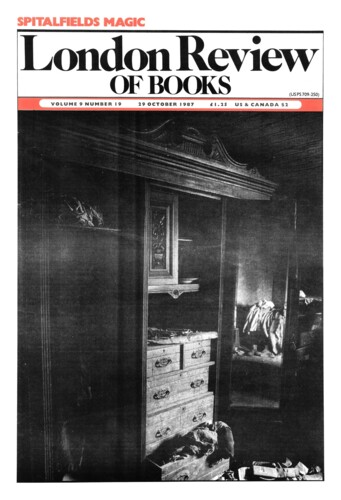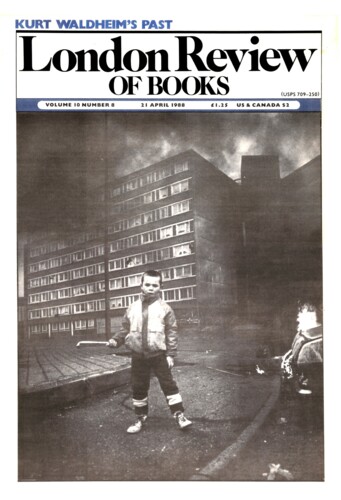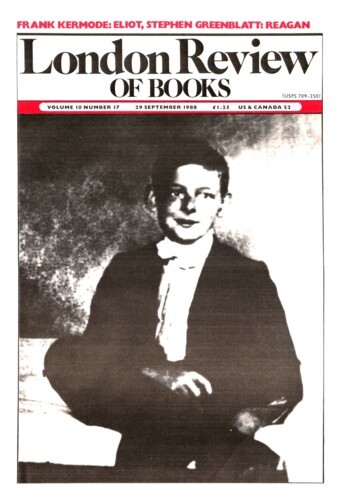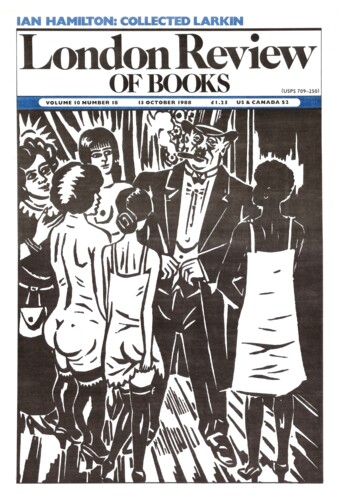Two Poems
Les Murray, 29 October 1987
Lank poverty, dank poverty, its pants wear through at fork and knee. It warms its hands over burning shames, refers to its fate as Them and He and delights in things by their hard names: rag and toejam, feed and paw – don’t guts that down, there ain’t no more! Dank poverty, rank poverty, it hums with a grim fidelity like wood-rot with a hint of orifice, wet...




